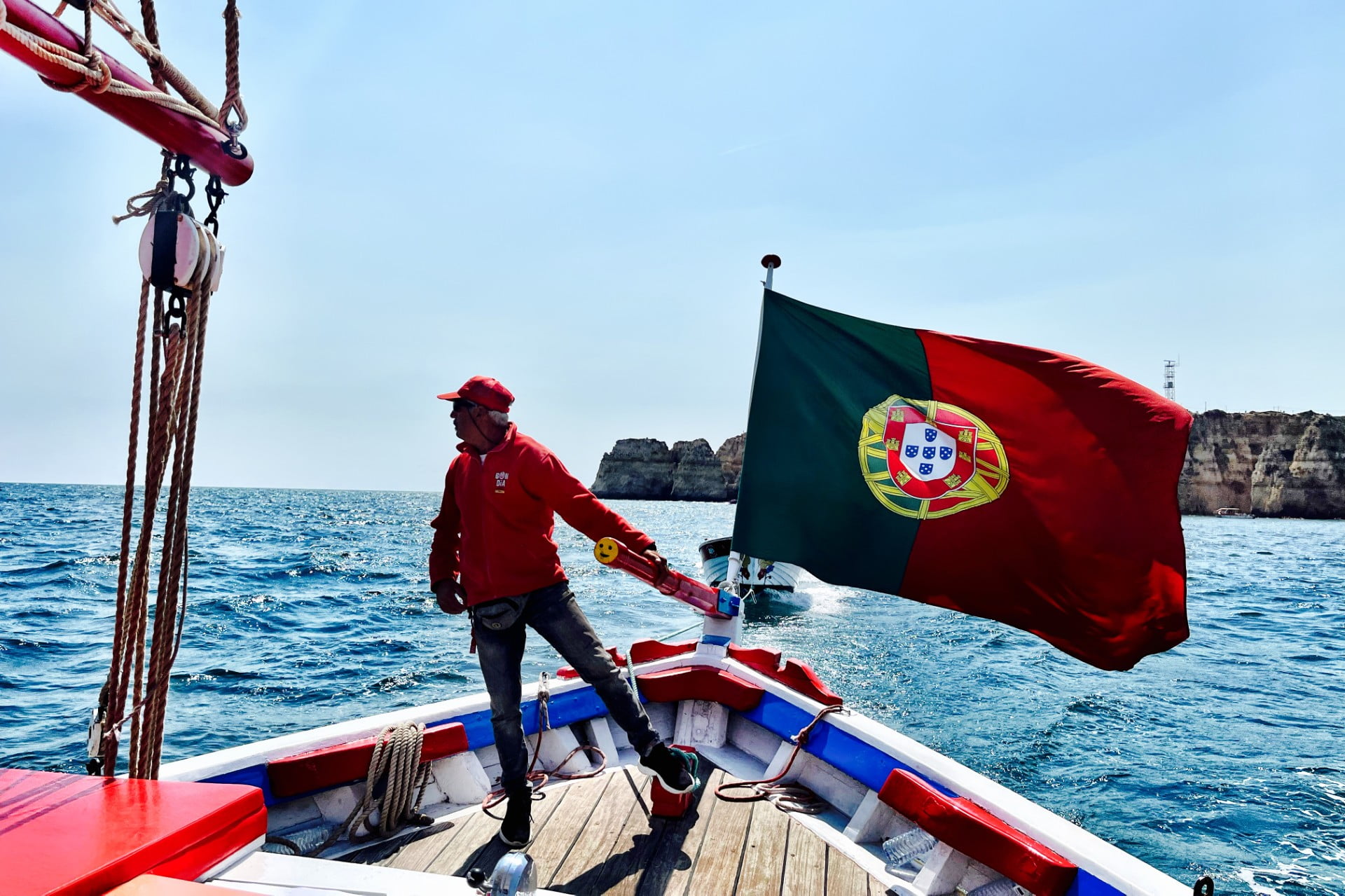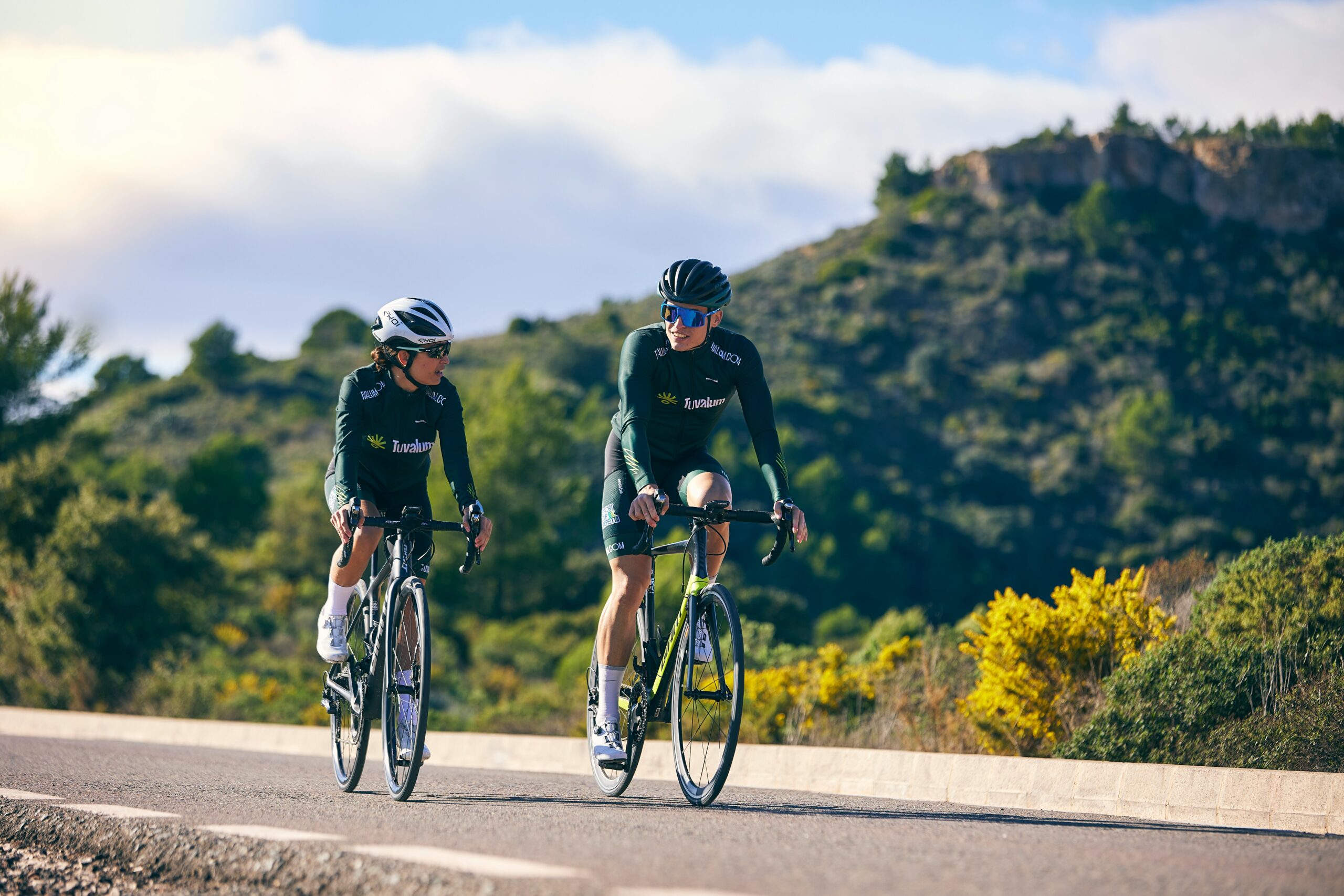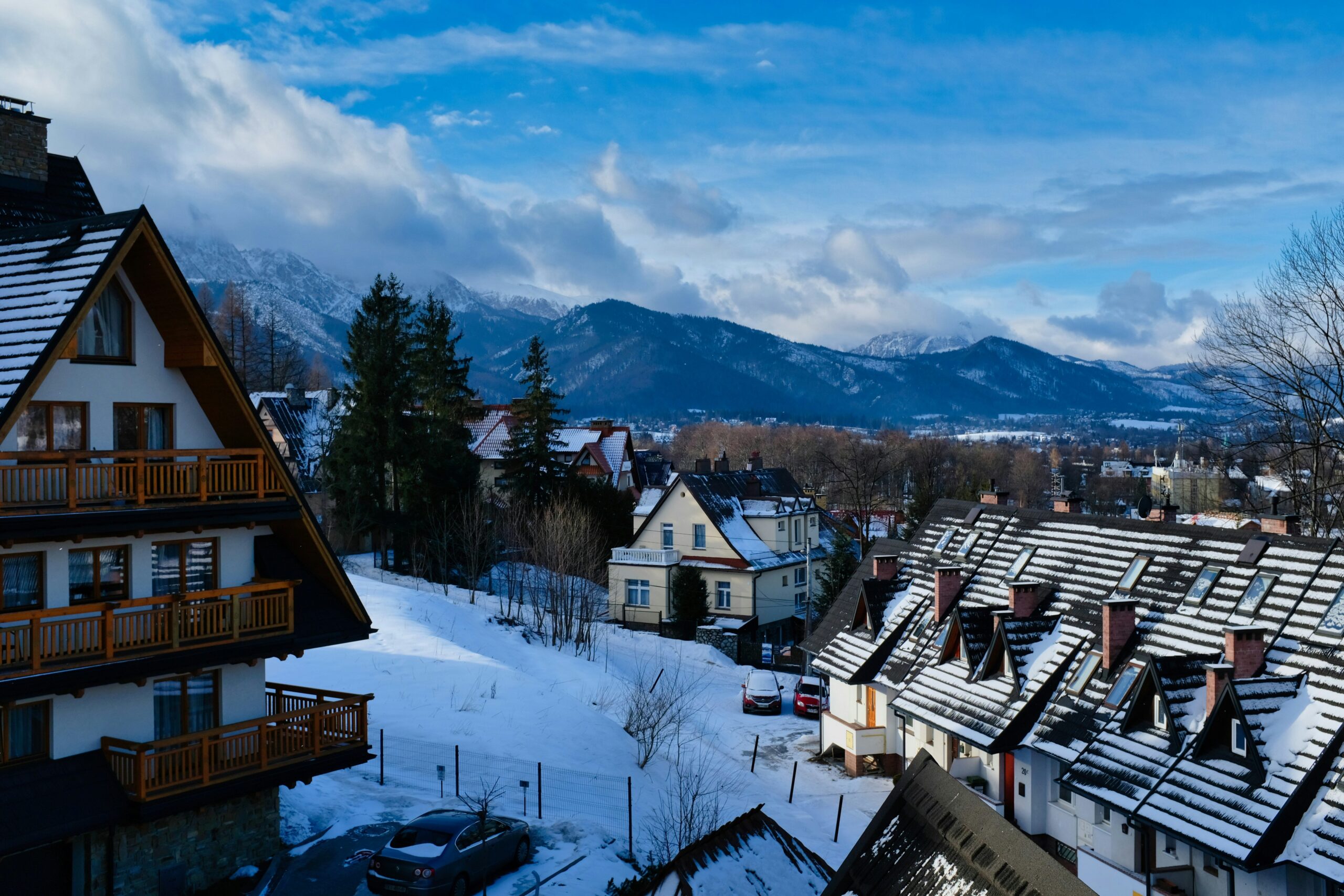Why Portugal is Still a Top Destination for Budget-Conscious Travelers
Western Europe has earned its reputation for eye-watering prices, but Portugal quietly defies this trend. Tucked along the Atlantic coast, this sun-drenched country delivers everything travelers crave: medieval towns perched on hillsides, golden beaches stretching for miles, soul-warming cuisine, and genuinely welcoming locals. The best part? Your budget won’t take a beating.
Whether you’re planning a two-week adventure or considering a longer stay as a digital nomad, Portugal travel on a budget isn’t just possible—it’s one of the most rewarding experiences in Europe. While neighboring capitals drain wallets with alarming speed, Portuguese cities like Porto and Coimbra offer authentic experiences at prices that seem almost too good to be true.
The Numbers Don’t Lie: Portugal’s Affordability Advantage
Let’s talk specifics. According to Numbeo, Portugal’s cost of living sits 30-40% below cities like Paris, Munich, or Copenhagen. This isn’t marginal savings—it’s a game-changer for anyone watching their spending.
A proper meal at a neighborhood restaurant in Porto starts around €10-12. That same meal in Paris? Easily €25-30. Monthly public transport passes hover under €40 in most Portuguese cities, while London’s equivalent exceeds £150. Even coffee culture, deeply embedded in Portuguese daily life, won’t hurt your wallet. A perfect espresso costs about €0.80 at the counter, compared to €3-4 in Scandinavian capitals.
For digital nomads and long-term travelers, the Porto vs Lisbon cost comparison becomes particularly relevant. While Lisbon has seen prices climb due to tourism growth, it remains cheaper than most Western European capitals. Porto, meanwhile, delivers a vibrant cultural scene, thriving food markets, and riverside charm at roughly 20-30% less than Lisbon. Coimbra, the historic university city, offers even better value—you can find decent one-bedroom apartments for €500-700 monthly, half what you’d pay in the capital.
Worth Every Euro: Portugal’s Unmissable Experiences
Budget travel doesn’t mean settling for less interesting experiences. Portugal’s attractions range from free to remarkably affordable.
Lisbon reveals its soul through wandering. The labyrinthine Alfama district costs nothing to explore, yet offers endless photo opportunities with its azulejo-covered buildings and laundry-strung alleys. The iconic Tram 28 costs just €3 for a single ride (or €6.80 for an all-day pass), rattling through neighborhoods tourists and locals alike cherish. Sunset from the city’s miradouros (viewpoints) is free and unforgettable.
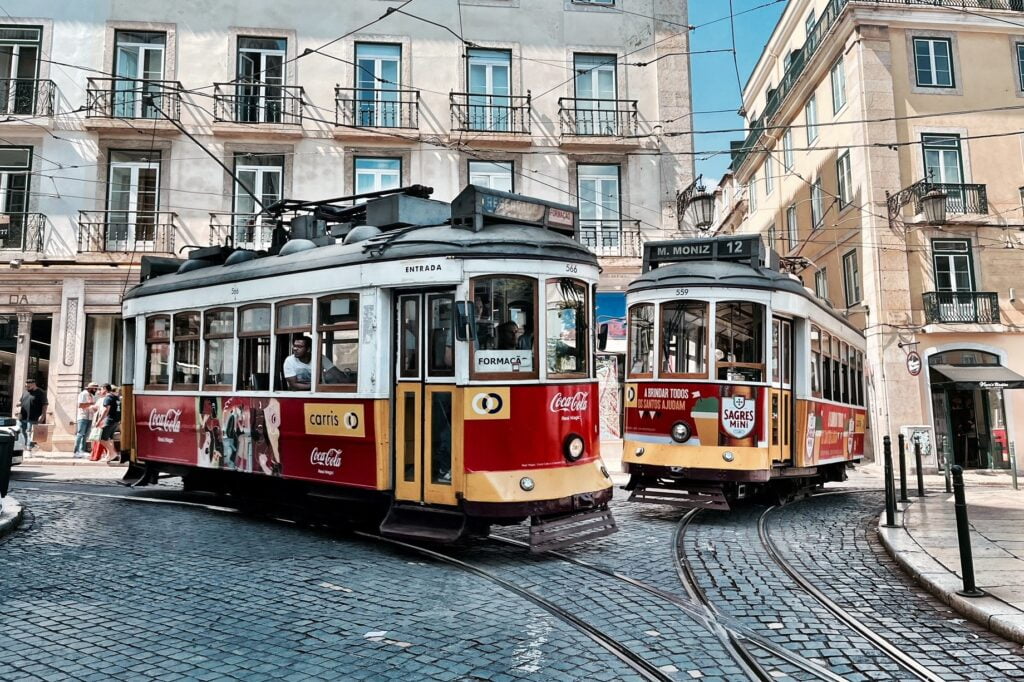
Porto wins hearts immediately. The Ribeira district along the Douro River begs for slow afternoons watching boats drift by. Port wine tastings in Vila Nova de Gaia start around €10-15, often including multiple varieties and stunning cellar tours. The Dom Luís I Bridge offers pedestrian crossing with panoramic views that rival any paid attraction.
Coimbra holds one of Europe’s oldest universities, founded in 1290. The Baroque Joanina Library inside is jaw-dropping (€12 entry includes the university complex). The city’s medieval streets climb steeply from the Mondego River, revealing centuries of Portuguese history without crowds.
The Algarve region doesn’t have to drain budgets despite its beach resort reputation. Skip the developed stretches and head to towns like Lagos or Tavira. Camping near beaches costs €10-15 nightly, and many stunning coves remain accessible and free. The dramatic cliffs at Ponta da Piedade cost nothing to admire.

Just 40 minutes from Lisbon by train (€2.30 each way), Sintra feels transported from a fairy tale. While palace entries add up (€10-14 each), simply wandering the misty forests and historic center captures much of Sintra’s magic.
Nature enthusiasts will find endless free or cheap options: hiking trails through Peneda-Gerês National Park, world-class surf breaks in Ericeira (board rentals around €15 daily), and the terraced vineyards of the Douro Valley, where many wineries offer tastings for €5-10.
Eating Your Way Through Portugal (Without Going Broke)
Portuguese food culture centers on quality ingredients prepared simply, which keeps prices reasonable and flavors extraordinary. A complete meal with wine at a neighborhood tasca rarely exceeds €15-20 per person. These aren’t tourist traps—they’re where locals eat daily.
Start with bacalhau (salted cod), prepared a thousand different ways according to Portuguese tradition. Try caldo verde, the comforting kale soup that costs around €3-4 a bowl. Grilled sardines, especially during June’s Santo António festivals, are cheap, delicious, and quintessentially Portuguese. Francesinha in Porto—a gut-busting sandwich drenched in beer sauce—runs about €8-12 and could feed two people.
Don’t skip pastéis de nata, those custard tarts that inspired countless imitations worldwide. The original from Belém’s famous pastry shop costs €1.40. Versions across Portugal cost even less, often under €1.
Markets provide another budget-friendly option. Mercado da Ribeira in Lisbon and Mercado do Bolhão in Porto overflow with fresh produce, cheeses, and prepared foods at fraction of restaurant prices.
Fado music, Portugal’s soulful musical tradition, can be experienced intimately. While tourist-focused venues charge €25-30, smaller bars in Alfama or Coimbra’s lower town offer performances for just a drink minimum. The raw emotion of fado in a tiny, packed tavern beats any polished show.
Many museums offer free entry on Sundays before 2pm or on specific days monthly. The stunning Museu Nacional do Azulejo in Lisbon, showcasing Portugal’s famous tile art, is free on the first Sunday of each month.
Finding Your Perfect Portuguese Home Base
Accommodation options span every budget level. Hostels in Lisbon and Porto start around €15-25 for dorms, with many featuring rooftop terraces, communal kitchens, and social events. Private rooms in guesthouses run €35-50 nightly.
For longer stays, the calculus shifts dramatically. Coimbra and Braga emerge as genuinely affordable places to live in Portugal. Monthly rent for a one-bedroom apartment in Coimbra’s center averages €600-750, dropping to €450-600 outside the historic core. Add utilities (€80-120) and internet (€30-40), and you’re still well below €900 monthly for housing.
Porto offers better infrastructure for digital nomads—more coworking spaces, larger international community, and better flight connections—while maintaining reasonable costs. Expect €800-1,100 for one-bedroom apartments in desirable neighborhoods like Cedofeita or Bonfim. Lisbon’s prices have climbed higher (€1,200-1,600 for comparable spaces), though neighborhoods like Marvila or Benfica offer better value.
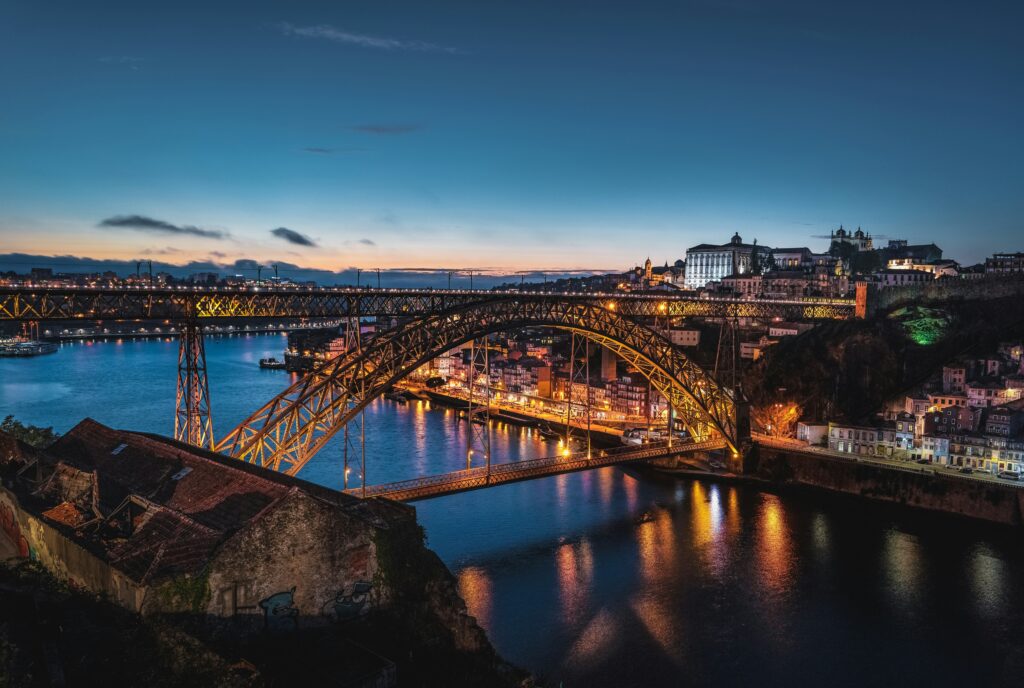
Airbnb provides middle-ground options, especially for stays of 2-4 weeks. Monthly discounts often bring prices down 30-40%.
The Practical Side: Safety, Language, and Daily Life
Portugal consistently ranks among the world’s safest countries according to the Global Peace Index. Solo travelers, including women, report feeling comfortable walking around major cities at night. Petty theft exists in tourist areas, but violent crime remains remarkably rare.
English proficiency is widespread in cities and coastal areas. Younger Portuguese, especially those in tourism or tech, often speak excellent English. Learning basic Portuguese phrases earns smiles and appreciation, but you won’t struggle to communicate.
Portuguese people have earned their reputation for warmth. There’s genuine interest in helping visitors, patience with language barriers, and pride in sharing their culture. This hospitality transforms Portugal from just affordable to genuinely welcoming.
Making Your Portuguese Journey Smooth: Practical Tips
Getting There
Budget airlines Ryanair and EasyJet connect Portugal to dozens of European cities, with flights often under €50. Lisbon, Porto, and Faro airports serve as main entry points. TAP Air Portugal offers competitive transatlantic routes.
From Spain, direct buses through FlixBus or trains via Renfe provide budget alternatives.
Getting Around
Portugal’s public transport network is efficient and cheap. CP trains connect major cities—Lisbon to Porto costs around €25-30 for a 3-hour journey. Regional trains are even cheaper. Rede Expressos buses reach smaller towns for minimal fares.
Within cities, metros and trams use rechargeable cards. Lisbon’s Viva Viagem card works across all transport modes. Porto’s Andante card does the same. Both offer day passes (€6.80 in Lisbon, €7 in Porto) that pay for themselves after three rides.
Daily Budget Reality Check
Here’s what you actually need:
Budget traveler (hostels, street food, free activities): €40-60 daily
Mid-range (private rooms, restaurants, paid attractions): €80-120 daily
Long-term stay outside Lisbon: €900-1,200 monthly including rent
Long-term in Porto: €1,100-1,500 monthly
Long-term in Lisbon: €1,400-1,900 monthly
Timing Your Visit
Spring (April through June) and fall (September through October) offer ideal conditions. Temperatures hover around 18-25°C (64-77°F), tourist crowds thin out, and accommodation prices drop 20-30% compared to summer peaks. Coastal areas remain swimmable through October.
July and August bring heat, crowds, and higher prices, though the Algarve truly shines during these months. Winter (December through February) is mild but damp, with temperatures rarely below 10°C (50°F). Perfect for budget travelers who don’t mind occasional rain.
What to Pack
Layers are key. Summer demands light clothing, sunscreen, and a hat. Spring and fall need a light jacket for evenings. Comfortable walking shoes are non-negotiable—Portuguese cities love their hills and cobblestones. Winter visitors should bring a waterproof jacket and umbrella.
Essential Apps
- Moovit: Real-time public transport navigation across all Portuguese cities
- Bolt: Cheaper than taxis, comparable to Uber
- MB WAY: Portugal’s ubiquitous mobile payment system (requires Portuguese bank account or temporary setup)
- Glovo or Uber Eats: Food delivery when you’re exhausted
- Google Maps: Works perfectly for navigation
- Nomad List: Invaluable for digital nomads comparing cities, costs, and communities
Why Portugal Keeps Winning
Portugal’s appeal transcends mere affordability. It’s the combination that matters: low costs paired with high quality of life, rich history alongside modern infrastructure, dramatic landscapes next to sophisticated cities.
Unlike destinations where budget travel means sacrificing comfort or authenticity, Portugal delivers genuine experiences regardless of spending level. The €10 lunch at a family-run restaurant often surpasses the €50 meal at a trendy spot. Free cultural events match paid attractions for memorability. Affordable neighborhoods feel just as safe and vibrant as expensive ones.
For tourists, Portugal offers European culture, climate, and cuisine without the financial anxiety that shadows travel through France, Switzerland, or Scandinavia. For digital nomads, it provides stable internet, international communities, and quality of life that justifies the modest cost of living. The country’s D7 visa and Digital Nomad visa pathways make longer stays legally straightforward.
Portugal may occupy a small corner of the Iberian Peninsula, but its value proposition looms large. In an increasingly expensive Europe, it stands as proof that remarkable travel experiences don’t require remarkable budgets. Whether you stay a week or a year, Portugal delivers on its promise: unforgettable moments that don’t break the bank.
Related Post: How to Travel Scandinavia on a Budget: Practical Hacks
